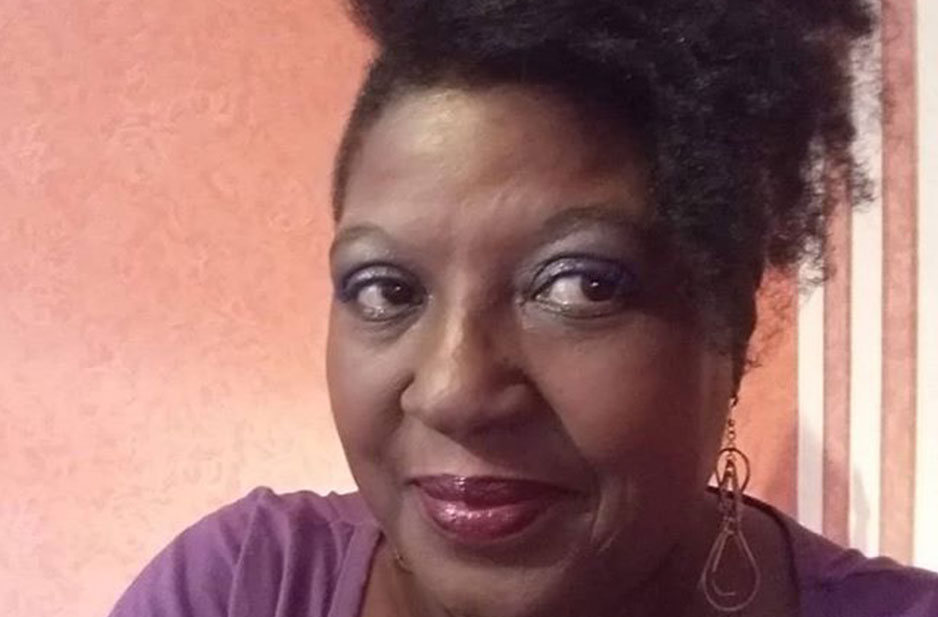With concerns growing over the rising rates of self-harm among Black women, the alarming invisibility of older Black women experiencing mental illness has inspired ‘Close to the Edge’, a new play to be showcased tomorrow (December 6) at Thimblemill Library, Smethwick, in the West Midlands.
Written and directed by Viv Manjaro of Planet Arts and co-produced by Red Earth Collective co-founder Sandra Griffiths 'Close to the Edge' explores the limited opportunities available to older Black women in Britain and its detrimental impact on their mental wellbeing.
Through the central character Francesca (played by Sharon Jones), the comedy-drama explores trauma, highlights coping strategies for survival and how to rise above adversity when your mental stability is threatened.
Studies show that post traumatic syndrome is higher in Black women, related to the higher levels of sexual assaults that they experience.
However, Black women are less likely to report or seek help for assaults or trauma. Also, Black women have the highest rates of depression but are least likely to seek and receive treatment, and are more likely to demonstrate maladaptive coping in response to depression, such as self-harm and obesity.
Viv says: “Close to the Edge is about Black women in crisis. Many of us put on the mask of the strong Black woman as we step out of the door as a way of holding it together. But behind closed doors some of us fall apart. Francesca, the play’s main character, appears to be falling apart but she manages to pull her life back from the brink by developing different coping strategies, which I used when I was close to the edge. Taking off the mask and letting go can be scary, but I want women to know that there is help out there and that many of us have walked this path - and survived.”
Director of undergraduate journalism courses at Birmingham City University, and winner of the Journalist of the Year Mind Media Awards 2019, Marverine Cole, said: “As a woman of Caribbean heritage who has experienced periods of depression, I produced and presented a documentary for BBC Radio 4 called ‘Black Girls Don’t Cry’ about this very topic.
“Black women in Britain are more likely to be diagnosed with more common mental health problems than white women and face the ‘strong Black woman’ stereotype that prevents some women from seeking support for their mental health. Much of the debate around mental health outcomes focuses on Black men and leaves the views and experiences of Black women invisible.”
Alicia Spence, director of services at the African Caribbean Community Initiative (ACCI), said: “The Black mental health agenda has been dominated by the lived experiences of Black men for a long time. Yet Black women are the foundation of the community, often working as unpaid carers.
“When Black women go under, so does the family and the community.
“We are noticing that older Black women in faith communities feel unable to express when they are feeling stressed, or even grieving, at their church.
They believe that they are expected to manage everything and to leave the pain and stress ‘with the Lord‘.
“‘Close to the Edge’ will allow us to have an urgent discussion, which will hopefully lead to action.”
Sandra Griffiths added: “Older Black women’s lives aren’t of interest to politicians, the media or policymakers.
“When they do appear in research, it’s in relation to the ‘strong Black woman’ stereotype; warrior women who can cope with anything life throws at them. We want the play to encourage older Black women to talk about their mental health and we want policymakers, commissioners and the community to listen to them because Black women’s mental health matters too.”
Funded by Arts Council England, ‘Close to the Edge’ brings together a team of older Black women who have experienced emotional distress and draws on their personal experience of self-care and coping strategies.

















